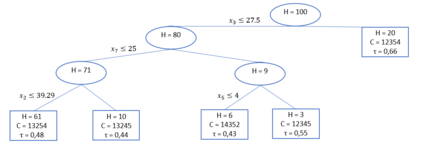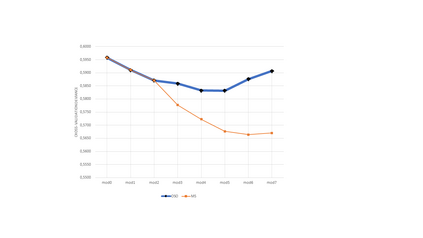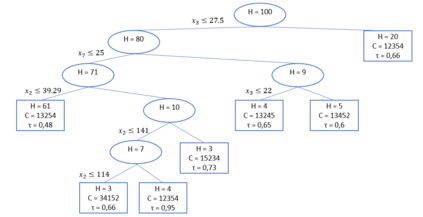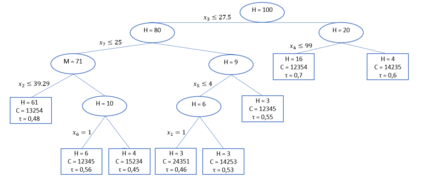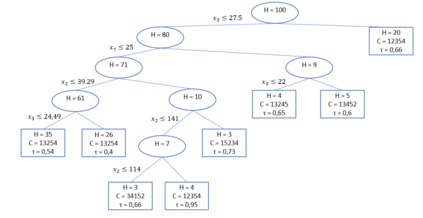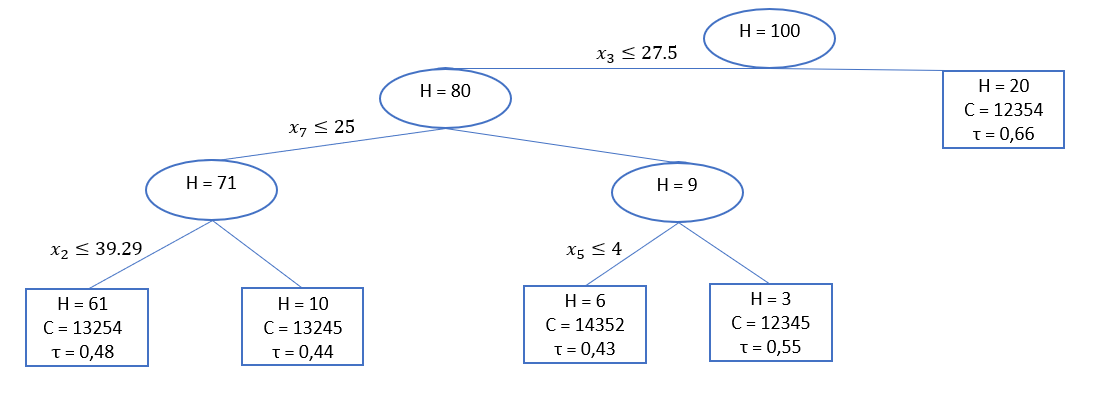This paper introduces the Bradley-Terry Regression Trunk model, a novel probabilistic approach for the analysis of preference data expressed through paired comparison rankings. In some cases, it may be reasonable to assume that the preferences expressed by individuals depend on their characteristics. Within the framework of tree-based partitioning, we specify a tree-based model estimating the joint effects of subject-specific covariates over and above their main effects. We combine a tree-based model and the log-linear Bradley-Terry model using the outcome of the comparisons as response variable. The proposed model provides a solution to discover interaction effects when no a-priori hypotheses are available. It produces a small tree, called trunk, that represents a fair compromise between a simple interpretation of the interaction effects and an easy to read partition of judges based on their characteristics and the preferences they have expressed. We present an application on a real data set following two different approaches, and a simulation study to test the model's performance. Simulations showed that the quality of the model performance increases when the number of rankings and objects increases. In addition, the performance is considerably amplified when the judges' characteristics have a high impact on their choices.
翻译:本文介绍了布拉德利-地球回归 Trunk 模型,这是分析通过对等比较排名表示的优惠数据的一种新颖的概率方法,在某些情况下,可以合理地假定个人表示的偏好取决于其特点。在基于树的分隔框架内,我们具体规定了一种基于树的模型,估计特定主题的共变比主要效应和以上效应的共同影响。我们结合了一种基于树的模型和以比较结果作为响应变量的对线布拉德利-地球模型。拟议的模型为在没有优先假设的情况下发现互动效应提供了一种解决方案。它产生了一棵小棵树,称为树干柴,代表了对互动效应的简单解释和根据法官的特性和所表现的偏好很容易阅读法官的区分之间的公平妥协。我们按照两种不同的做法对一套真实数据进行了应用,并进行了模拟研究,以测试模型的性能。模拟表明,当排名和对象数量增加时,模型性能的质量会提高。此外,当法官的选择对其高影响时,业绩会大大放大。

